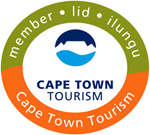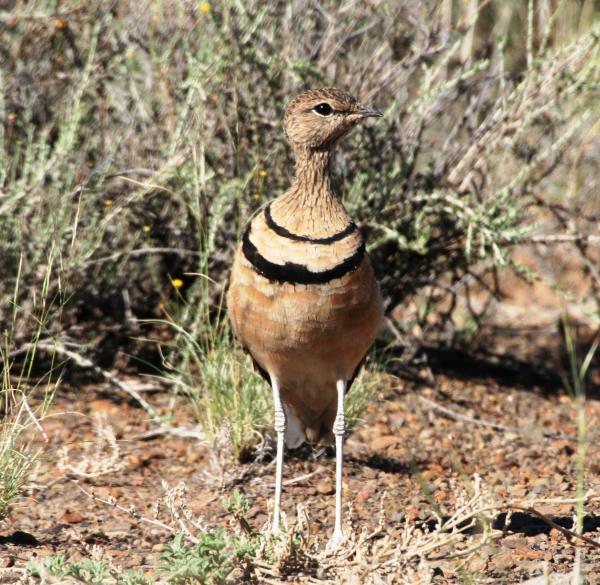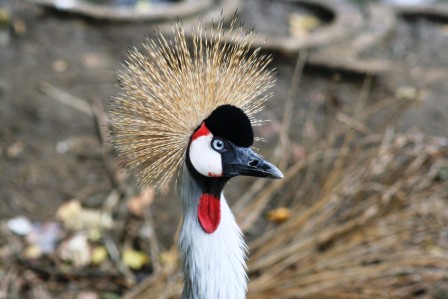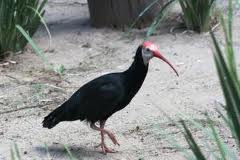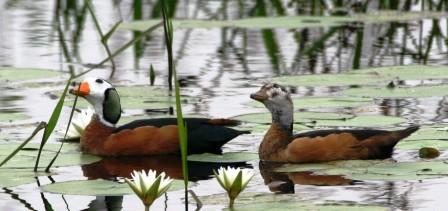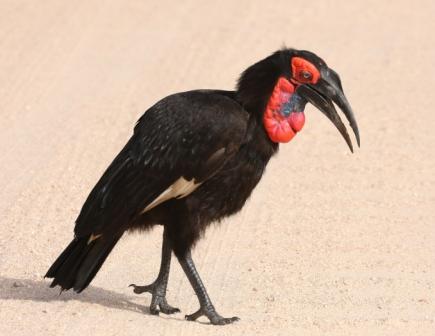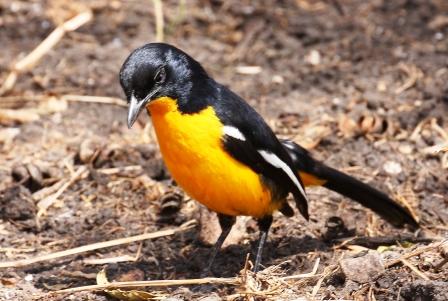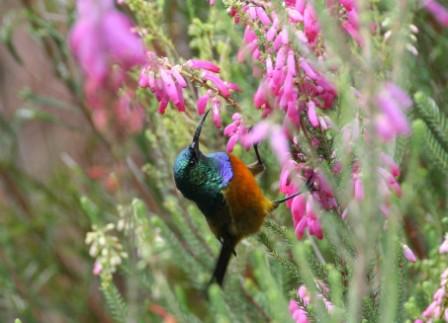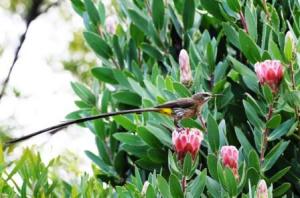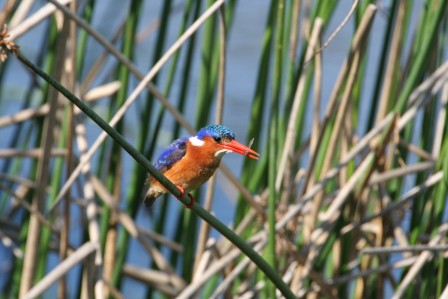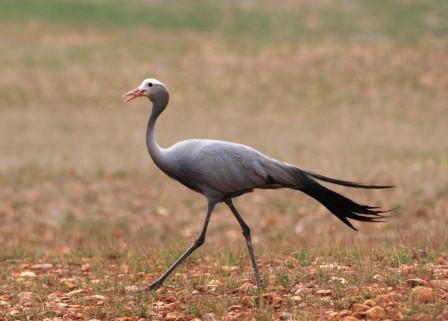|
Newsletter / Blog
2012-08-10
ROAD ECOLOGY IN AFRICA – ENSURING OUR ROADS ARE WILDLIFE FRIENDLY
The mortality of wildlife due to collision with vehicles in Africa
is the fifth greatest threat to carnivores. However, little attention has been
given to this threat, and this is of significant concern in South Africa as
we are the third most biologically diverse country on Earth. As a result the
Endangered Wildlife Trust’s Wildlife and Transport Programme (EWT-WTP) hosted
two extremely successful and innovative road ecology workshops.
Linear infrastructure, such as roads, railways and utility easements, dissects
all continents and influences biodiversity and ecosystem processes for many
hundreds and even thousands of kilometers. Combined with vehicles, their
effects on wildlife are often negative and profound. In the past two decades,
research on the effects of roads and traffic and the use and effectiveness of
mitigation works, for example fencing and wildlife crossing structures, has
increased dramatically in Europe, North America and Australia. However, the
uptake of road ecology in Africa has been
slower and it is not a routine part of road construction or management.
“The first workshop was hosted by the EWT at the International Wildlife
Management Congress in Durban, and the second at
their headquarters in Modderfontein, Johannesburg.
The purpose of the two workshops was to explore the impacts of roads and
traffic on wildlife and showcase innovative and practical solutions,” commented
Claire Patterson-Abrolat, Manager of the EWT-WTP. “We were extremely lucky to
have two world-renowned road ecologists providing expertise at both of our
workshops: Dr Rodney van der Ree from the Australian Research Centre for Urban
Ecology from the University of Melbourne, and Dr Daniel J. Smith, from the University of Central Florida. Both workshops were
extremely well attended with wildlife representatives from across the world as
well as delegates from our national roads agencies.”
These workshops took participants through the concept of Road Ecology and some
excellent case study presentations were made which outlined some of the
findings of various research projects, and the mitigation measures available
for use. Wendy Collinson of the EWT’s Roadkill Research and Mitigation Project
shared her findings of roadkill surveys conducted over the last year in the
Greater Mapungubwe Area in the northern Limpopo.
Driving 100km daily across 120 days, she detected more than 1100 roadkills
comprising 166 different species. As a result of the two workshops, the EWT-WTP
will be collaborating with road agencies as well as other interested parties to
develop an Action Plan that guides efforts to address the concerns.
For further information about the Wildlife and Transport Programme please
contact Claire Patterson-Abrolat on clairep@ewt.org.za. The Roadkill Research and Mitigation
Project is a project initiated by the EWT, Rhodes University
and Tshwane University of Technology with funding from Bridgestone SA. E O
& Son, De Beers Consolidated Mines, Rhodes University
and Mopane Bush Lodge.
| 

